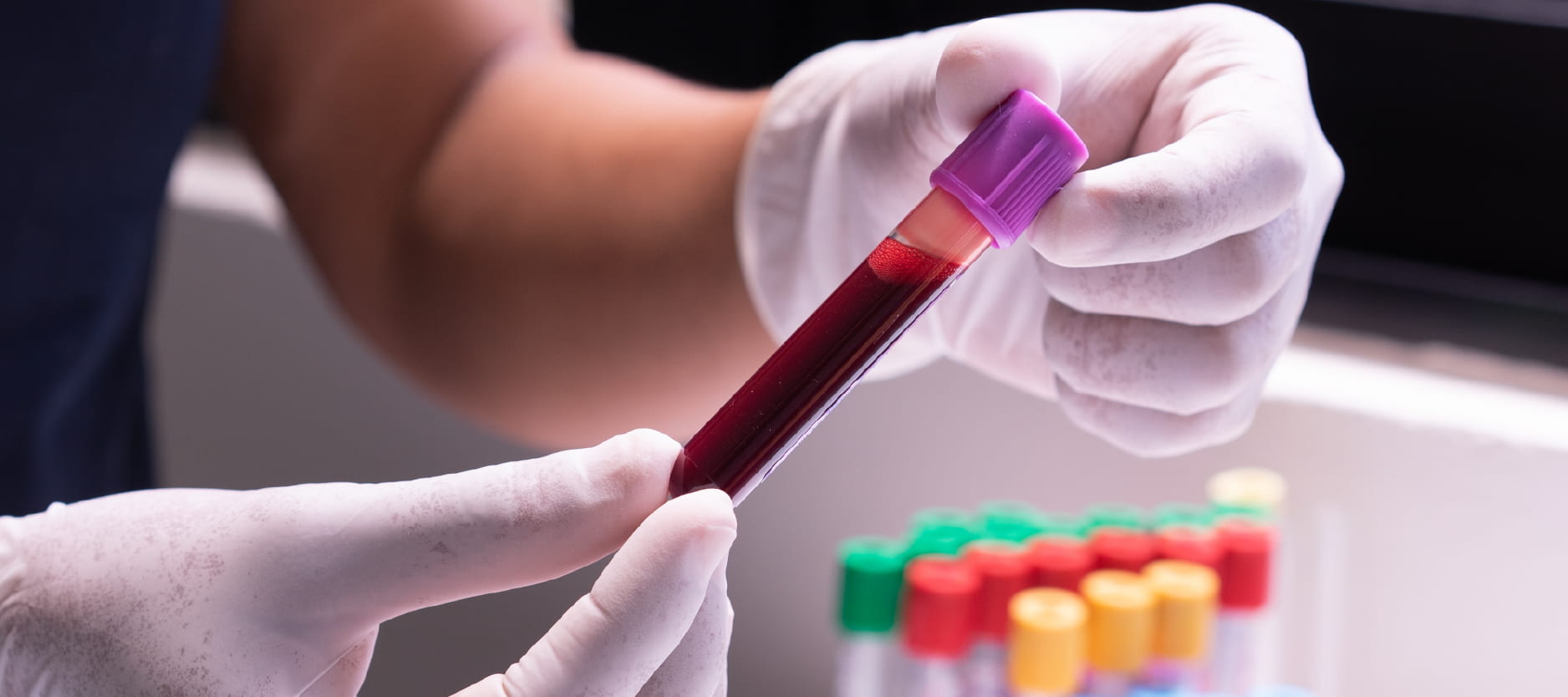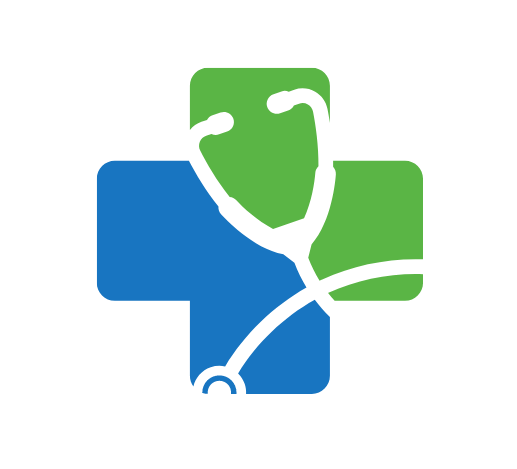
You’ve just left a clinic in Istanbul, clutching a lab report filled with abbreviations like “ALT,” “CRP,” and “INR.” To you, it looks like alphabet soup—but to your doctor, it’s a story about your health. How do you bridge this gap? Whether you’re a medical tourist in Antalya or a local in Ankara, this guide by *www.turkishdoctor.ae*’s editorial team will turn confusion into clarity.
Start Here: The Anatomy of a Turkish Lab Report
Lab results in Turkey follow international standards but often include localized references. Here’s what to dissect first:
1. Reference Ranges (Normal Değerler):
Turkish labs list “normal” ranges specific to the population. For example, hemoglobin levels might be slightly higher in coastal regions like Izmir due to thalassemia carriers. Tip: Look for units—some Turkish reports use “mg/dL” while others use “mmol/L.”
2. Critical Flags:
- Yüksek (High): Marked in red. Elevated CRP (>10 mg/L) often signals infection but could also indicate stress from Turkey’s pollen-heavy springs.
- Düşük (Low): A low platelet count (<150,000/µL) might point to Mediterranean diets rich in blood-thinning foods like olive oil.
3. Test Codes:
Tests like “HbA1c” (glycated hemoglobin) are universal, but codes like “TSH” (thyroid) might appear as “Tiroid Uyarıcı Hormon.” Keep a translation app handy.
Cracking Common Biomarkers: What Turks Need to Know
Hemoglobin (Hb):
- Normal: 13.5-17.5 g/dL (men), 12-15.5 g/dL (women).
- Turkey Twist: Anemia rates are higher in rural areas like Şanlıurfa due to iron-poor diets. If your Hb is borderline, ask about peynir (cheese) consumption—it inhibits iron absorption.
Vitamin D (D Vitamini):
- Normal: 30-100 ng/mL.
- Local Insight: 70% of Turks are deficient, especially in winter. If your result is <20 ng/mL, your doctor might prescribe weekly Dekristol drops—a common fix.
Creatinine (Kreatinin):
- Normal: 0.7-1.3 mg/dL.
- Red Flag: Levels >1.5 mg/dL could indicate kidney strain from overusing painkillers like Majezik (common in Turkey’s pharmacy-first culture).
When “Normal” Isn’t Enough: Context Matters
Case Study: The Mystery of Elevated Liver Enzymes (ALT/AST)
A patient in Istanbul had ALT 80 U/L (normal: <40). The cause? Not alcohol—şiş kebap (fatty lamb) dinners. Turkish diets heavy in grilled meats can temporarily inflame liver markers.
Cultural Context:
- Thyroid (Tiroid): Iodized salt is rare in Turkey. TSH levels >4.5 mIU/L often reflect iodine deficiency, not just hypothyroidism.
- Cholesterol (Kolesterol): Olive oil-rich Aegean diets skew HDL (“good” cholesterol) higher than global averages. Don’t panic if HDL is 80 mg/dL!
Advanced Tips for Interpreting Complex Panels
1. Cancer Markers (CEA, PSA, CA-125):
- PSA (Prostat Spesifik Antijen): Normal is <4 ng/mL, but benign prostate hyperplasia is widespread in men over 60. Request a free/total PSA ratio before biopsying.
- CA-125: Elevated in ovarian cancer but also endometriosis—common in Turkish women. Rule out pelvic inflammatory disease first.
2. Autoimmune Tests (ANA, RF):
- ANA (Antinükleer Antikor): A positive result isn’t definitive for lupus. In Turkey, infections like brucellosis (from unpasteurized cheese) can trigger false positives.
- Rheumatoid Factor (RF): High RF in Black Sea regions? Consider familial Mediterranean fever (FMF), a genetic condition prevalent in Turks.
3. Hormonal Panels:
- Prolactin (Prolaktin): Stress from Istanbul’s traffic jams can spike levels. Repeat tests at 8 AM for accuracy.
- Testosterone (Testosteron): Turkish labs often measure total testosterone. If it’s low, check SHBG—especially in obese patients.
Navigating Turkey’s Healthcare Culture
1. Second Opinions Are Expected:
Turks frequently consult multiple doctors. If your results confuse you, visit a tıbbi biyokimya uzmanı (clinical biochemist) at hospitals like Acıbadem or Anadolu Sağlık Merkezi.
2. Labs Vary in Quality:
Private chains like Alfa and Bioteknica are reliable. Avoid “instant result” clinics in tourist areas—they may skip confirmatory tests.
3. Insurance Nuances:
SGK (public insurance) covers basic panels. For specialized tests like genetic screening, expect out-of-pocket costs at private labs.
Red Flags Unique to Turkey
- Misleading “Normal” Ranges: Some labs use outdated references. Cross-check with European Society of Cardiology guidelines.
- Overdiagnosis of Vitamin B12 Deficiency: Turkish labs often flag B12 <350 pg/mL as low, but European labs use <200 pg/mL. Question unnecessary injections.
- Hidden Infections: Leishmaniasis (from sandfly bites in Aegean coasts) can mimic leukemia in blood smears.
Tech Tools to Simplify Interpretation
1. Mobile Apps:
- LabXplain: Explains Turkish lab terms in English/Arabic.
- Sağlık Rehberim: Official MoH app with test guides.
2. Telemedicine:
Platforms like DoktorTakvimi offer 15-minute consults to review results. Cost: ~200 TL ($6).
3. AI Platforms:
Turkish startups like Hemosoft analyze trends in your reports. Upload past results for pattern detection.
When to Panic (and When Not To)
Don’t Panic If:
- WBC is slightly high: Common after dental procedures (e.g., implants in Istanbul’s clinics).
- Glucose is borderline: Turkish breakfasts (simit, jam) spike levels. Retest fasting.
Panic If:
- Troponin >0.04 ng/mL: Indicates heart strain—common after hamam (sauna) sessions for those with hypertension.
- Platelets <50,000/µL: Could signal dengue fever in southern regions like Adana.
A Turkish Doctor’s Insider Advice
Dr. Mehmet Yılmaz, an internist at Istanbul University, shares: “Patients here obsess over ‘minor’ highs/lows. For example, a uric acid of 7 mg/dL isn’t gout—it’s likely from mercimek çorbası (lentil soup). Always correlate results with symptoms.”
FAQs: Your Burning Questions Answered
Q: Why does my Turkish lab report lack a doctor’s comment?
A: Public hospitals often skip interpretations. Private labs like Memorial provide summaries.
Q: Are “fasting” rules different here?
A: Yes. Turks fast 8-10 hours for lipids, but sahur (Ramadan meals) can skew morning tests.
Q: Can I trust online translators for reports?
A: Use sector-specific tools like Tureng for medical Turkish. Google Translate misses terms like “sedim” (ESR).
Final Word: Empower Yourself, But Trust the Pros
Reading lab results is like reading tea leaves—it takes skill and context. In Turkey, where healthcare blends tradition and modernity, understanding your numbers can prevent unnecessary stress. When in doubt, lean on experts.
This guide, enriched with insights from www.turkishdoctor.ae, combines global standards with local nuances. Always consult a licensed physician for personalized advice.

 then "Add to Home Screen"
then "Add to Home Screen"